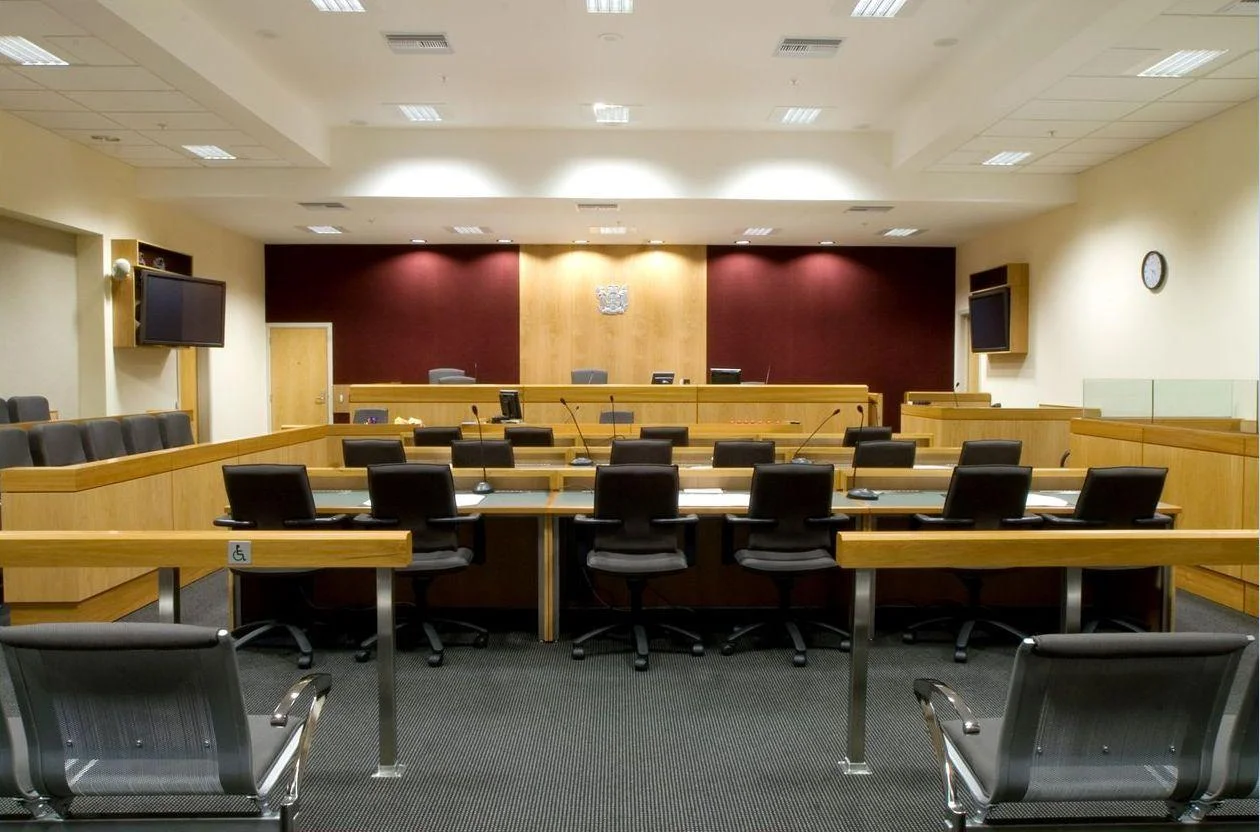Attorney-General for Fiji v RJ [1989] 2 NZLR 69
RJ, for whom Dr Stevens appeared as counsel in the High Court, had attempted to evict the Fijian Embassy from a building he owned in Wellington following the 1987 military coup d’etat in Fiji. The Attorney-General for Fiji sought an injunction to prevent the eviction. RJ argued that the plaintiff had no locus standi as he was a member of a revolutionary regime unrecognized by the New Zealand Government. The case was determined on principles of municipal and international law relating to the recognition of governments taking power through revolutionary means. The judgment of the High Court applied principles that were evolving at that time.
Cunningham & General Motors v Wellington, Taranaki, Nelson and Marlborough Coach and Motor Body Workers Union, et al (Wellington High Court, 1989)
The case was a sequel to a picket by members of the Union outside the premises of General Motors at Trentham. The plaintiffs sued the Union and two of its officials, alleging malicious prosecution and defamation. Dr Stevens was counsel for both the Union and the general secretary. The trial ran for several weeks and attracted considerable media interest. The case dealt with the rights of Union members to picket and the conduct of pickets as well as various industrial relations issues. Several prominent trade unionists at a national level gave evidence for the defence. The plaintiffs’ claims failed in their entirety.
W v Attorney-General (Palmerston North High Court, 1998)
Mr W was arrested and charged with a drug dealing offence, following a police undercover drug operation. His arrest followed the alteration by an undercover police officer and his supervisor of a statement that contained a description of a drug offender. The description was markedly altered and as a result matched Mr W.
Mr W was discharged under section 347 of the Crimes Act. He then brought a claim for malicious prosecution against the Attorney-General. Dr Stevens appeared as lead counsel for Mr W at the civil trial that was conducted before a jury. The civil trial ran for several weeks and attracted considerable nation wide media coverage. It focused on the operation of the police undercover drug program and on issues such as drug use by undercover agents and the culture within the undercover drug program. Former undercover agents gave evidence for the plaintiff as expert witnesses and claimed that undercover agents regularly wrote statements when under the influence of drugs and that mistakes could not be admitted. Their evidence was that the number of persons convicted was the basis upon which the success of an operation was judged, and that nothing would be allowed to stand in the way of obtaining the maximum number of convictions.
The jury found that Mr W was innocent, that the police officers had improperly and dishonestly altered the description of the offender in the statement (and by implication lied on oath about it) and that one or both of them had known that Mr W was innocent. They did not find, however, that there was any malice, although the trial judge decided that there was.
Subsequently the Court of Appeal ordered a retrial, but the case was settled before the retrial took place.

